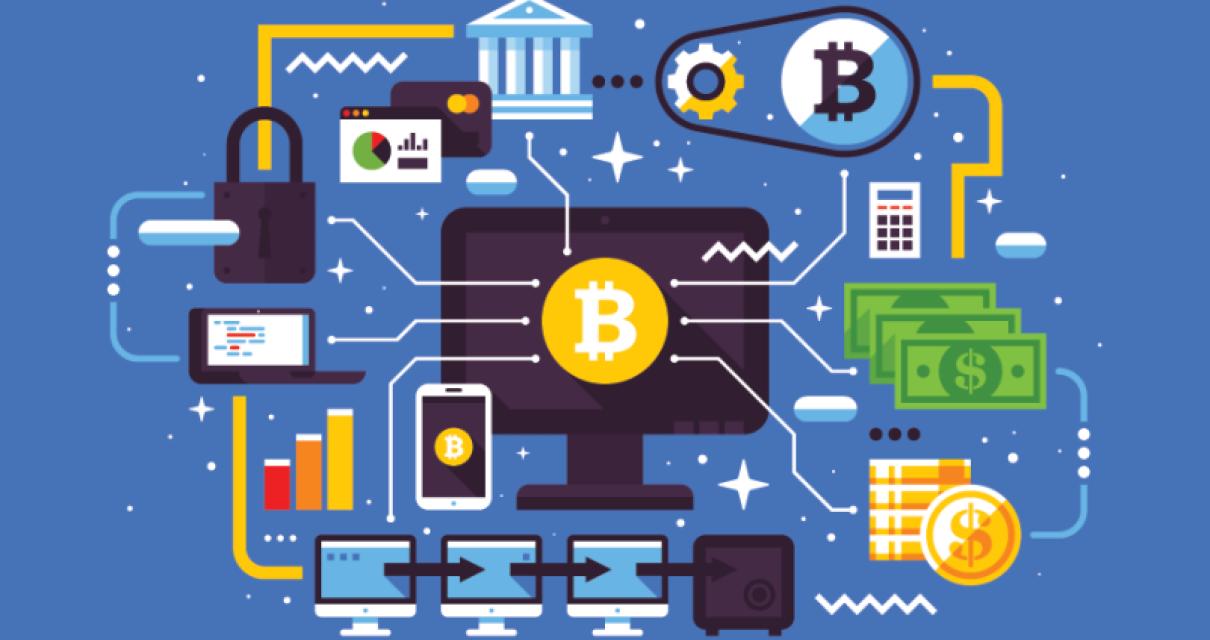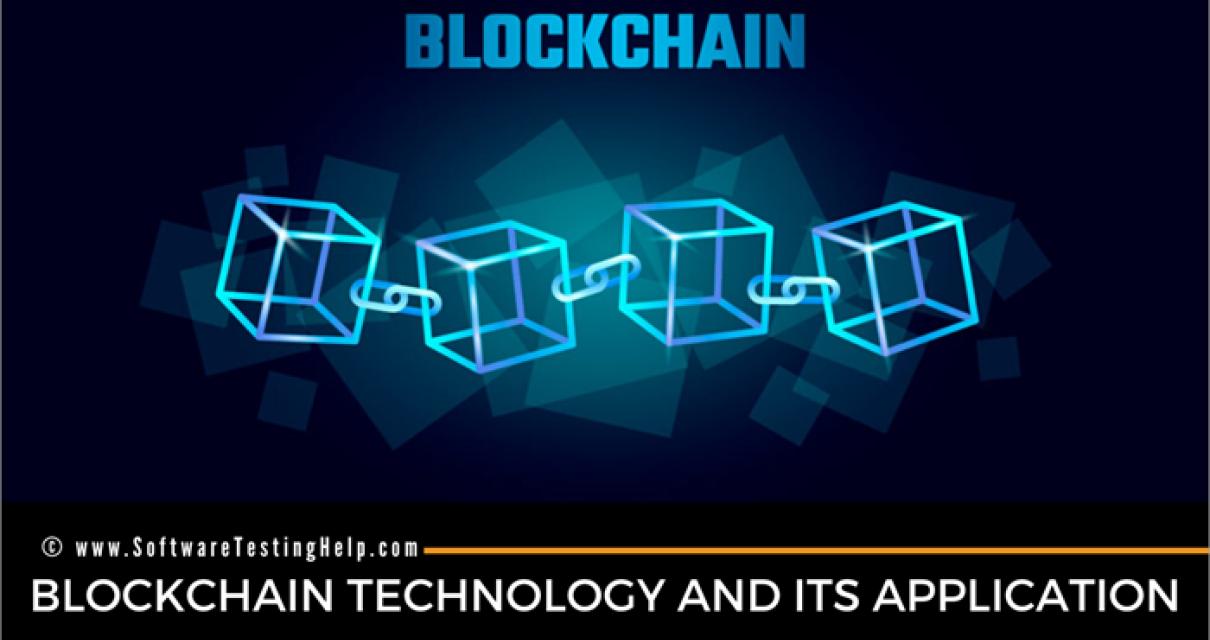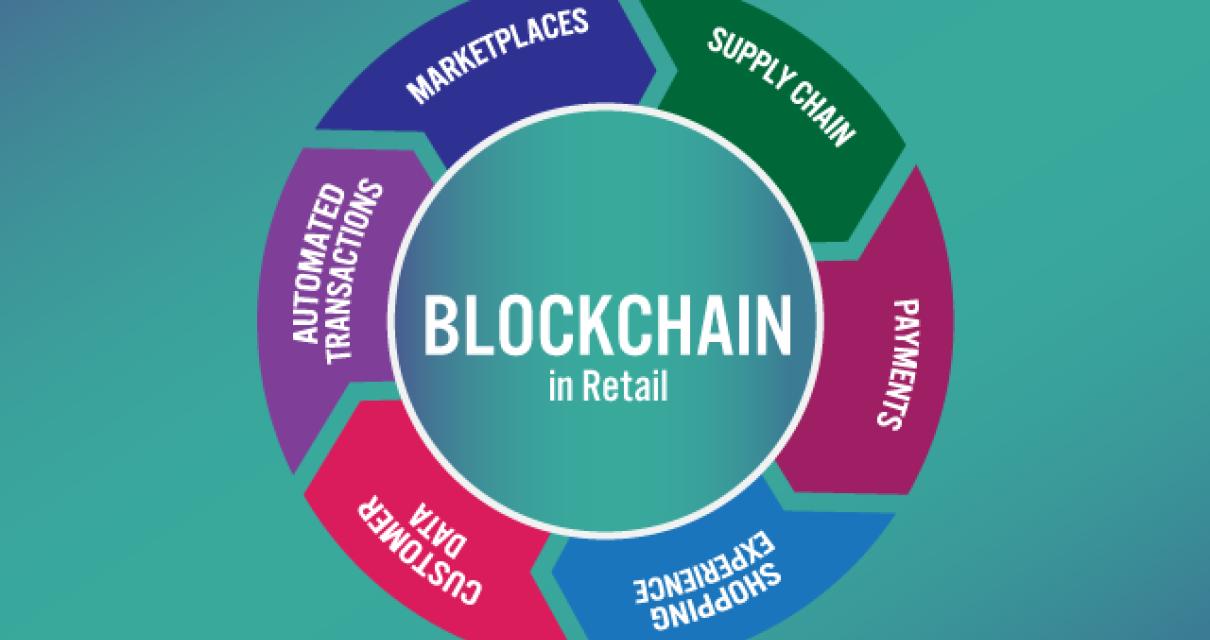What is a blockchain application?
A blockchain application is a software program that uses the blockchain technology to store data. It allows people to operate a system without needing to trust each other.
How can blockchain applications be used?
There are a number of ways blockchain applications can be used. They can be used to create a tamper-proof record of transactions, to manage and verify contracts, to create a decentralized marketplace, or to create a peer-to-peer network for sharing files.

What are the benefits of using blockchain applications?
There are many potential benefits of using blockchain applications, including improved security, transparency, and efficiency. Additionally, blockchain technology could help to reduce the cost and time involved in transactions, and could even enable new types of transactions that were not possible before.
What are some examples of blockchain applications?
The applications of blockchain technology can be found in a variety of industries. Some of the most popular applications include cryptocurrencies, peer-to-peer networks, and supply chain management.
How do blockchain applications work?
A blockchain application is a computer program that runs on a network of computers. It uses the blockchain technology to create a tamper-proof record of transactions. This allows people to trust that the information is accurate and permanent.

Are blockchain applications secure?
Blockchain applications are typically very secure, as they use cryptography to protect data. Additionally, blockchain applications are often built using a peer-to-peer network architecture, which makes it difficult for hackers to gain access to data.
What are the drawbacks of blockchain applications?
The main drawback of blockchain applications is that they are still in development and there is a lack of scalability. Furthermore, blockchain technology is not yet widely accepted, so it is difficult to find businesses that are willing to adopt it.

Why are blockchain applications gaining popularity?
There are several reasons why blockchain applications are gaining popularity. First, the technology is decentralized, meaning that it is not subject to the control of any single entity. This makes it immune to the sorts of censorship and fraud that can be common in centralized systems.
Another reason why blockchain applications are popular is that they allow for secure, peer-to-peer transactions. Unlike traditional systems, which rely on third-party intermediaries to handle transactions, blockchain applications operate using a distributed database. This means that transactions are verified and recorded by the entire network of users involved in the process, ensuring that they are reliable and secure.
Finally, blockchain applications are often more cost-effective than traditional systems. Because they rely on a decentralized network, blockchain applications are not subject to the costs associated with maintaining a centralized database or processing transactions. This makes them particularly attractive to businesses that need to save money on costs associated with operating their operations.